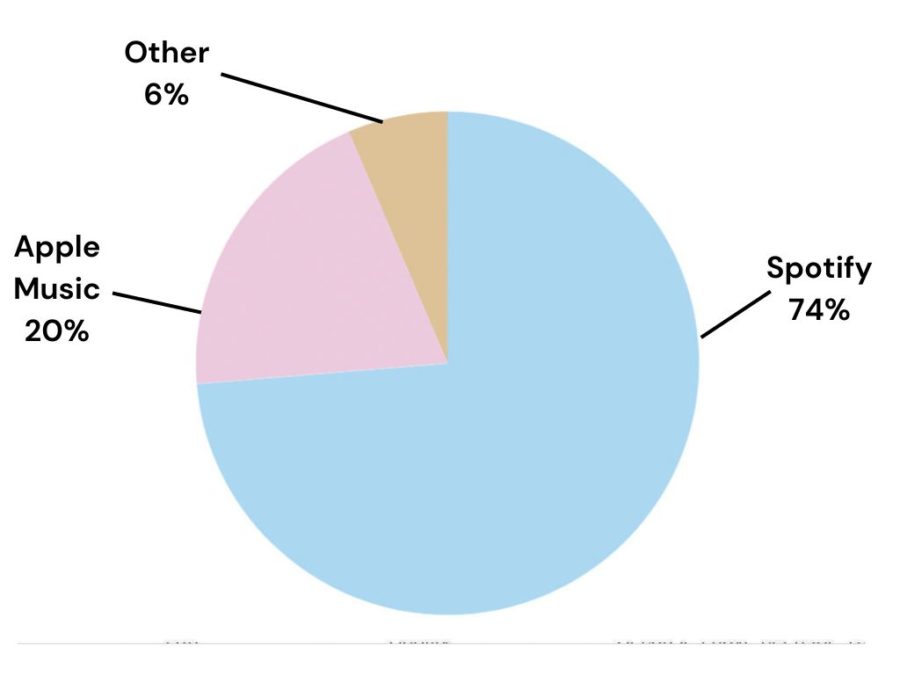President-elect Joe Biden’s climate plan can be summed up into 3 main focuses: environmental justice, clean energy, and new jobs. Biden has laid out how he hopes to achieve these goals and specific benchmarks the US must meet in order to stop climate change.
One of these goals is “[achieving] a 100% clean energy economy and net-zero emissions no later than 2050” according to his website. Biden plans to do this by rejoining the Paris Climate Agreement, which Donald Trump withdrew the US from shortly after taking office, and by introducing limits on pollution for gas and oil operations.
Biden also plans on growing the clean energy market in order to reduce emissions and create new jobs. Although Biden has been criticised for wanting to reduce US dependence on oil because it would hurt the economy and workers would become unemployed, Biden argues that “our response to climate change can create more than 10 million well-paying jobs in the United States that will grow a stronger, more inclusive middle class enjoyed by communities across the country, not just in cities along the coasts.”
Biden’s plan also recognizes how climate change has disproportionately affected people of color and low-income communities. His website describes how “low-income communities and communities of color don’t equally share in the benefits of well-paying job opportunities that result from our clean energy economy. For example, African Americans hold only 1% of energy jobs. As President, Biden will make sure these communities receive preference in competitive grant programs in the Clean Economy Revolution.”






